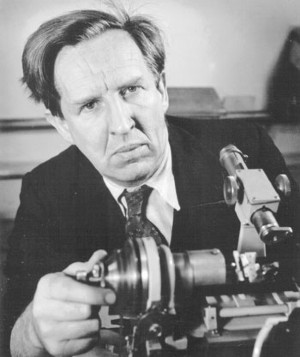In
1953, an important experiment was performed by a student Stanley. L.
Miller under the guidance of his professor Harold Clayton Urey, that
supports the “primordial soup” theory. This experiment
demonstrated how organic molecules could have spontaneously formed
from inorganic precursors under the conditions like those posited by
the Oparin-Haldane hypothesis.

This
experiment used a highly reducing mixture of gases like methane,
ammonia, hydrogen and water vapors to form simple organic monomers
such as amino acids. This mixture of gases were cycled through
artificially delivered electrical sparks to the mixture. After one
week, 10% to 15% of carbon in the system was then in the form of a
racemic mixture of organic compounds, in which 10% of carbon converted
into smaller number of organic compounds and about 2% went into amino
acids, which are the building blocks of proteins. From which, the
experiment suggests that the lightning may have provided the spark to
create the key building blocks of life on Earth in its early times.
And also this experiment helped the scientists to reveal that more
than the first half of the Earth's history, its atmosphere had almost
no oxygen and was actually hydrogen-poor. They suggested that the
volcanic clouds in the early atmosphere might have held methane,
ammonia and hydrogen and been filled with lightning and heat.
 |
| John Desmond Bernal |
But
an Irish scientist John Desmond Bernal said that “It is not enough
to explain the formation of such molecules, what is necessary, is a
physical-chemical explanation of the origins of these molecules that
suggests the presence of suitable sources and sinks for free energy”.



Comments
Post a Comment